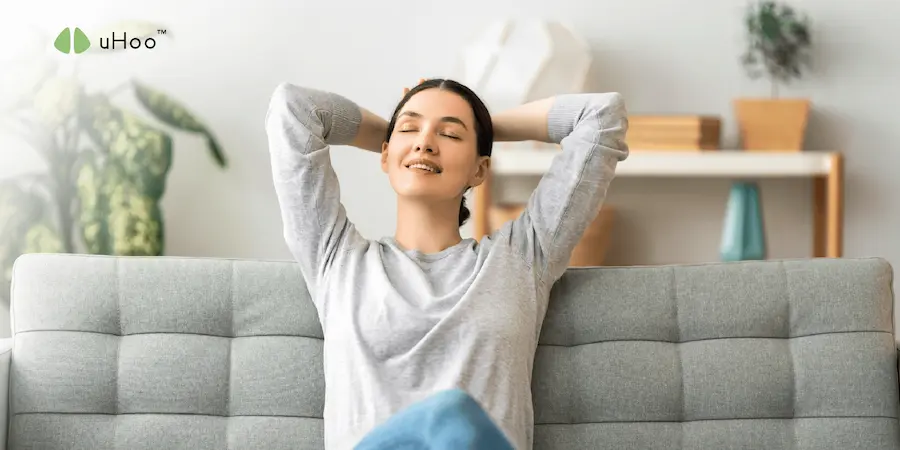Constant sneezing, itchy eyes, and stuffy noses can take a toll on our well-being. But fear not! By identifying and tackling common indoor allergy triggers, you can reclaim your home and indoor air.
-
Dust Mites:
- Identification: Symptoms worsen in the bedroom, especially in the morning.
- Tackling: Use allergen-proof mattress and pillow covers, wash bedding weekly in hot water, and regularly vacuum carpets and upholstery with a HEPA filter.
- Pro Tip: Reduce humidity levels below 50% to discourage dust mite growth.
-
Pet Dander:
- Identification: Symptoms flare up after contact with pets or in areas where they frequent.
- Tackling: Bathe pets regularly, restrict them from bedrooms, and use HEPA air purifiers.
- Pro Tip: Vacuum frequently and consider replacing carpets with hard flooring.
-
Mold:
- Identification: Musty odors, visible mold growth in damp areas like bathrooms and basements.
- Tackling: Fix leaks promptly, use dehumidifiers to control humidity, and clean moldy surfaces with appropriate cleaners.
- Pro Tip: Ensure proper ventilation in bathrooms and kitchens, and thoroughly study the uHoo Mold Index.
-
Pollen:
- Identification: Seasonal symptoms, worsening when outdoor pollen counts are high.
- Tackling: Keep windows closed during high pollen periods, use air conditioning with HEPA filters, and shower after being outdoors.
- Pro Tip: Check local pollen forecasts to anticipate high pollen days.
-
Cockroaches:
- Identification: Droppings, sightings, and musty odors.
- Tackling: Keep food stored in airtight containers, seal cracks and crevices, and use bait or traps.
- Pro Tip: Maintain a clean kitchen and dispose of garbage regularly.
-
VOCs (Volatile Organic Compounds):
- Identification: Irritation of the eyes, nose, and throat, headaches, dizziness.
- Tackling: Choose low-VOC paints and cleaning products, ventilate during and after using chemical products, and avoid air fresheners.
- Pro Tip: Let new furniture or carpets off-gas in a well-ventilated area before bringing them indoors.
-
Dust and General Air Quality
- Identification: General irritation, feeling of stuffiness, and poor sleep.
- Tackling: Regular dusting with microfiber cloths, using a HEPA filter vacuum, and using an air purifier.
- Pro Tip: A uHoo air quality monitor can easily keep allergy triggers at bay by providing real-time data on particulate matter, VOCs, humidity, and other relevant factors. This allows you to take immediate action, such as increasing ventilation or using an air purifier, to ensure a safe and comfortable home.

